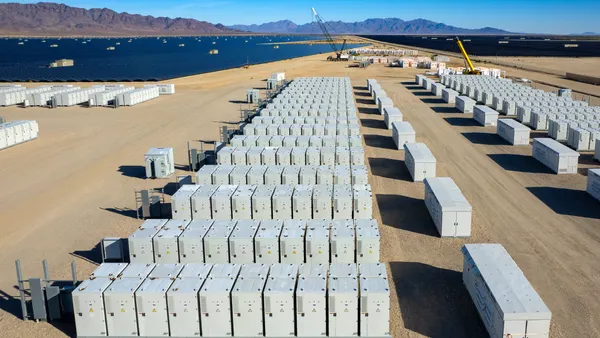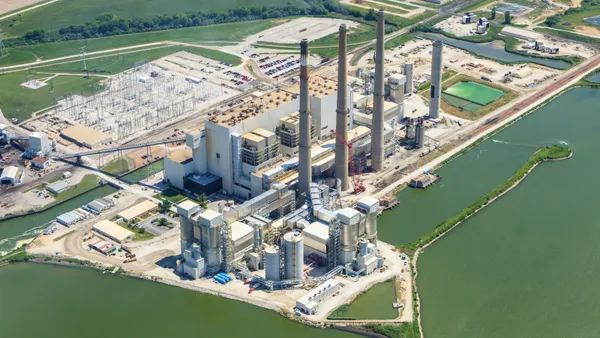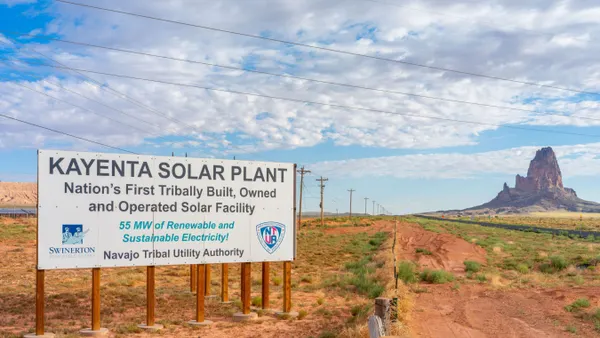Dive Brief:
- State regulators ruled against a $12.3 million plan by Indianapolis Power & Light (IPL) to extend electric vehicle charging infrastructure and to develop a car sharing service dubbed "BlueIndy."
- The Indiana Utility Regulatory Commission determined it was unfair to ask all ratepayers to support a program that allowed a private company to own infrastructure ultimately being utilized by a small set of customers.
- Under terms of a settlement that include the city of Indianapolis, however, regulators approved $3 million for improvements to IPL's distribution system related to the plan but contingent on changes to the project's financing.
Dive Insight:
Regulators said they supported the idea to expand vehicle charging infrastructure and the use of plug-in vehicles, but said IPL's plan to pay for the new infrastructure was not appropriate. Overall, the project cost an estimated $16 million.
“While the Commission applauds the vision shown by the City of Indianapolis, BlueIndy, and IPL regarding their innovative electric car sharing program, we ultimately determined that there was insufficient evidence to justify the use of ratepayer funds to install infrastructure owned by a private company,” said Commission Chair Carol Stephan. “As such, we encourage the parties to continue to work together to provide this service to our community’s residents and visitors.”
IPL’s proposal sought to pay for the installation of BlueIndy vehicle charging stations, which would have been owned by Bolloré Group.
Regulators did approve a part of the alternate regulatory plan (ARP), which requested recovery for the cost of extending utility service to a new customer if shown to be in the public interest. But the commission found that the ARP is in the public interest only with regard to the distribution system upgrades costs. The approval, however, is contingent upon the BlueIndy Project moving forward and not all regulators agreed with that portion.
Commissioner Angela Weber concurred with the denial, but in her dissent said that she also would deny the ARP for line extension costs due to a lack of evidence regarding the profitability of the BlueIndy project or a benefit to IPL’s customers. She also expressed concern that this project benefits a private entity at the expense of ratepayers.
IPL has 20 days from the date of the commission’s order to accept or reject the order.














